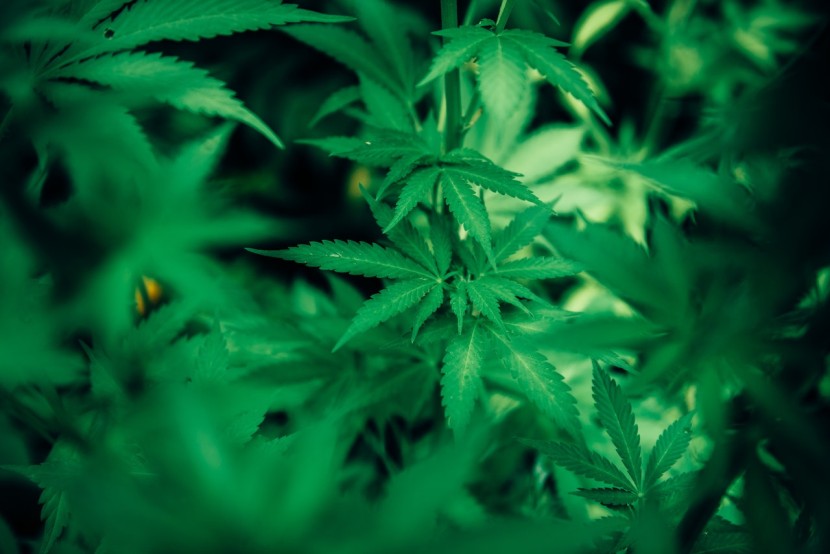Germany's cabinet adopted a proposal to loosen cannabis regulations, legalizing possession of small quantities and enabling members of "cannabis clubs" to purchase the material for recreational uses.
The measure, approved on Wednesday, August 16, is intended to be the first of two parts and still requires ratification from lawmakers. Though falling well short of its initial aspirations, the government's approval represents a step forward for a flagship reform agenda of Chancellor Olaf Scholz's socially liberal coalition.
Liberalized Ownership and Distribution Policies

As reported by AP News, possession of up to 25 grams of cannabis for recreational use and personal cultivation of up to three plants are both envisioned under the measure, which the government intends to enact by the end of this year.
Nonprofit cannabis clubs in Germany might have up to 500 members, all of whom must be 18 or older. Club members would be able to cultivate cannabis for their own use.
Purchase limits would be set at 25 grams per day and 50 grams per month, with a lower restriction of 30 grams for those under the age of 21. It would be forbidden to be a part of more than one club. Membership fees, according to each individual's cannabis use, would fund the clubs' operating expenses.
Consumption would be prohibited within 200 meters (656 feet) of schools, playgrounds, and sports facilities, as well as near the premises of cannabis clubs. The government aims to outlaw the advertising and sponsorship of cannabis and clubs.
The government is hoping that by implementing this strategy, it will minimize drug-related crime and safeguard the public from tainted products. Minister of Health Karl Lauterbach has said that they anticipate very competitive pricing to result from the system, adding that these rules would be able to push back the black market well.
Criticisms From Both Skeptics and Advocates
Meanwhile, conservative critics say the administration is ignoring European law and expert opinion in its pursuit of a dangerous drug's legalization. A group of German judges said the scheme would have the opposite effect of what was hoped for and may even lead to more people seeking out illegal cannabis.
Some proponents of legalization have expressed dissatisfaction as well.
"What we're getting from the health minister is overregulation, a continued stigmatization of cannabis users, and a much too tight regulatory corset, which simply makes it impossible for many, many (cannabis clubs) to work," said Oliver Waack-Jürgensen, who founded the High Ground Cannabis Social Club in Berlin this year. He also serves on the board of a national organization that advocates for clubs like this.
The arguments were shot down by Lauterbach.
© 2025 HNGN, All rights reserved. Do not reproduce without permission.








